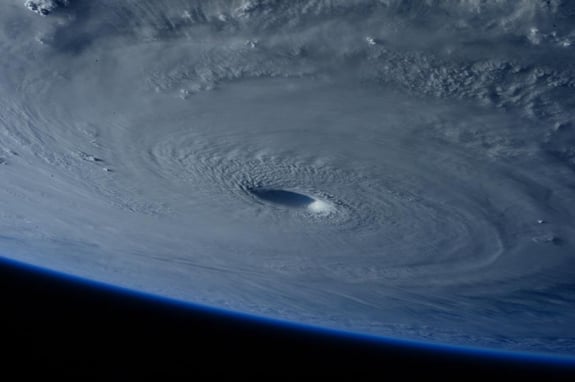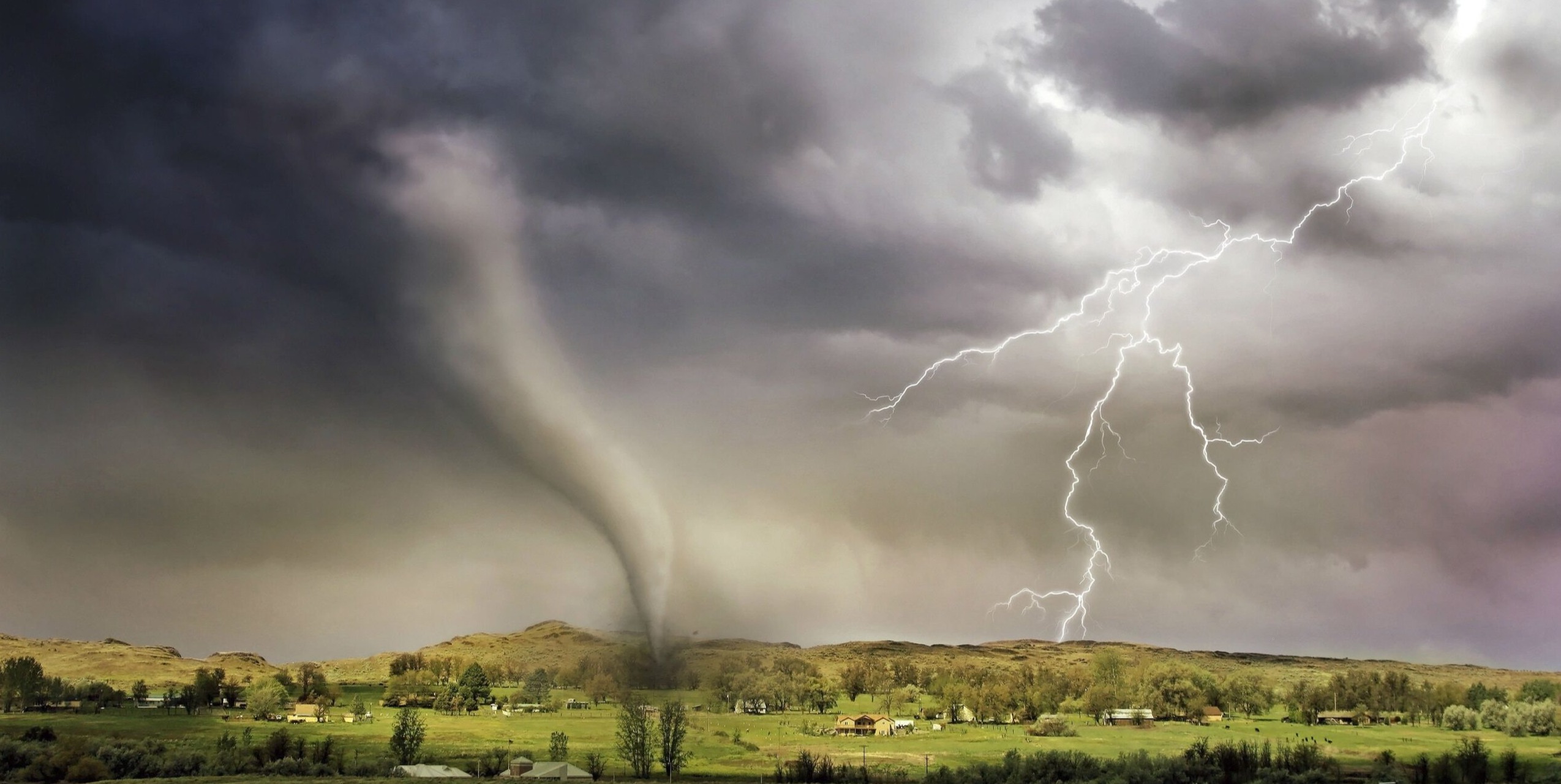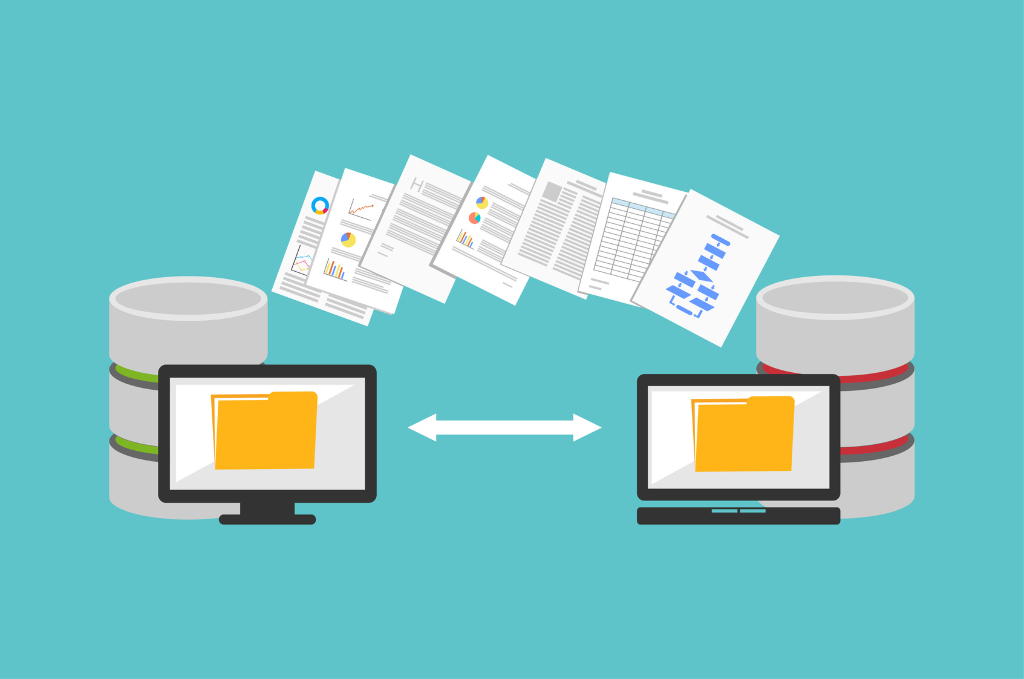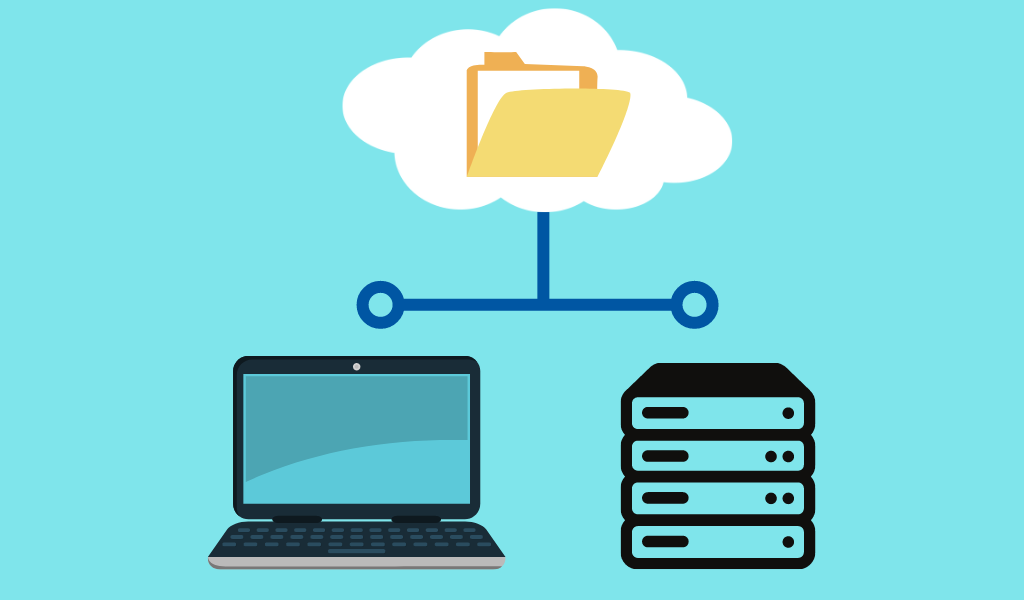Last year, Hurricane Florence and Hurricane Michael were sad, powerful reminders of nature’s power. They devastated many cities in North Carolina, South Carolina, and Florida while causing flooding in other states. As cities lost power, experienced flooded and destroyed buildings, and dealt with loss of life, citizens relied on municipal government for many services in the aftermath. Safety information, road closures, school closures, emergency information, emergency response, public works activities, and other services are all important to citizens as you continue to run your city’s operations despite possibly experiencing the disaster of a hurricane yourself.
To serve citizens after a hurricane, you need access to your electronic data. Yet, at a time when cities are already traumatized by a natural disaster, they unfortunately often experience a further ill-timed shock to discover they made some wrong assumptions about data backup or failed to create an effective disaster recovery plan.
While your city might be removed from hurricane threats, you can still experience other types of natural disasters like flooding, tornadoes, fire, and even cyber disasters like ransomware. Before a disaster hits, use this checklist to see if you’ve anticipated the following data backup hurdles.
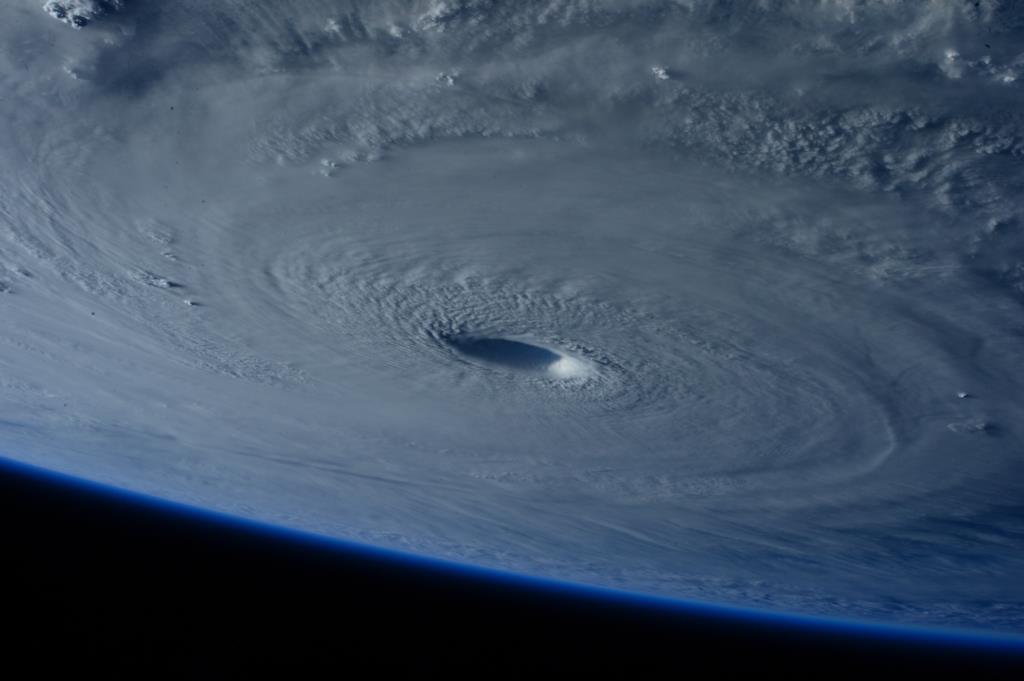
1. You find out your “offsite” backup is not really offsite.
Cities sometimes think they have “offsite” data backup when it’s not actually offsite. Some examples include:
- Locating your “offsite” data backup in a building next door to City Hall.
- Locating your “offsite” data backup in a building one block away from City Hall.
- Locating your “offsite” data backup at an employee’s house or a safety deposit box in a local bank.
When a natural disaster hits, that disaster can threaten an entire area—meaning your “offsite” data backup is really “onsite.” In other words, true offsite data backup doesn’t mean nearby. It means storing your data backups in a data center geographically distant from your city to ensure that it’s completely removed from the disaster area.
2. You find out it will take a long time to order and replace hardware.
It’s not unusual for new servers to take 3-4 weeks to arrive after ordering. Can you be without servers for that long?
Not after a hurricane. Those are crucial weeks when citizens who may rarely interact with your city are now relying on you for services and information. This is when your offsite data backup component needs to enter the picture and save the day.
Until the new servers arrive, you can access city data through the internet where it is backed up in the cloud. As long as city employees have an internet connection and a computer, they will be able to access the information they need to keep working on behalf of citizens.
3. You find out that time to recovery is too long.
Last year, we wrote a blog post about time to recovery. Even when cities have data backup in place, they can often overlook the time it will actually take to restore backed up data into an operational, useable state.
Before you stumble upon this overlooked roadblock, you want to ask yourself:
- Do I test my data backups? By testing, you will see how it long it actually takes to restore data and flush out any issues.
- In what order would I need my data after an incident? Cities need to restore more critical data first.
- Who is responsible for recovering the data? It’s embarrassing to know you’ve backed up data and then, facing the need to recover it, a group of city employees stare at each other and ask, “Now what happens? Who’s going to do what?” With defined roles, specific people should hit the ground running after an incident and everyone should know what steps need to be taken to restore the data.
4. You find out you don’t really have a clear disaster recovery plan.
If you have an overall disaster recovery plan, have you answered all data backup-related questions? You want to do this long before an actual disaster hits. We wrote a blog post a few years ago that highlights some important questions about a disaster recovery plan:
- If a disaster happens, how would you run your city? Where will you meet? What will you need to do?
- How is your hardware, equipment, and data backed up? Do you have an onsite and offsite component? Is it tested periodically and monitored by professionals?
- What can you still do while power and Internet is out? Do you have generators? Can you access data through WiFi?
- What services and data will you need immediately, and what can wait? Can you restore your most critical data first, and quickly?
- What do your vendors provide concerning disaster recovery in their support agreements? Are you sure that they will help you in the right way after a disaster?
5. You don’t back up any of your data in the cloud.
Cloud backup is essential after a disaster. Some cities still get skittish about the cloud and prefer onsite servers that they can see and touch. However, if you rely only on hardware you own, then employees can only often access data onsite or through a secure connection that connects directly to the server. If employees cannot get to city hall or the servers are destroyed, then they cannot work.
With the cloud, city employees only need an internet connection to access data—and they can access that data anywhere, anytime. Cloud services especially help after a disaster when city hall and equipment may be damaged and take weeks to rebuild.
Natural and cyber disasters are tragic enough. Don’t add to the tragedy by finding out, too late, that you are not able to restore data, keep city operations running, and serve citizens to the best of your ability. With a robust onsite and offsite data backup and disaster recovery plan that accounts for all of the five issues above, you will be ready to respond.
Need help assessing your city’s disaster recovery plan? Reach out to us today.
Original Date: 3/6/2019


